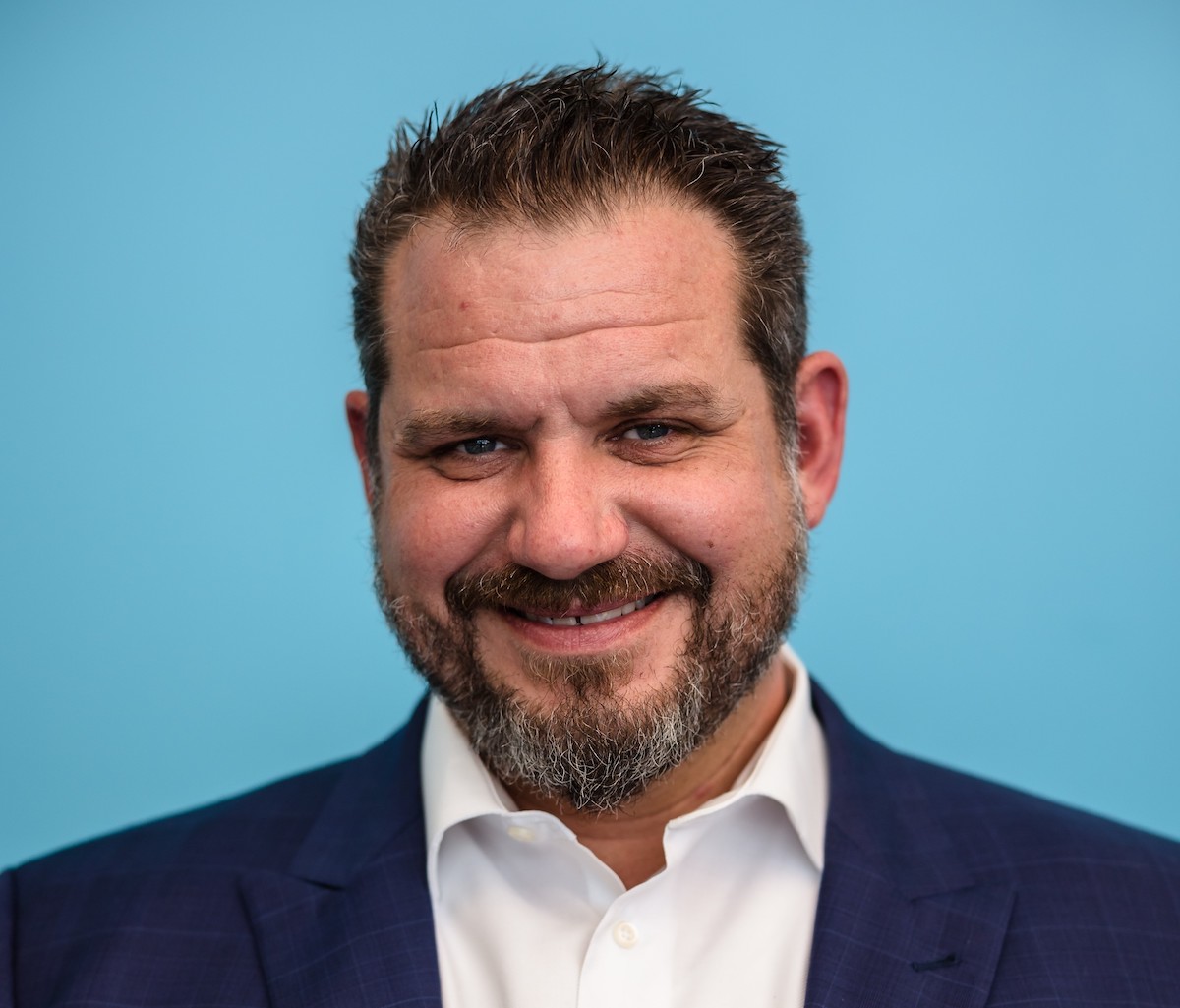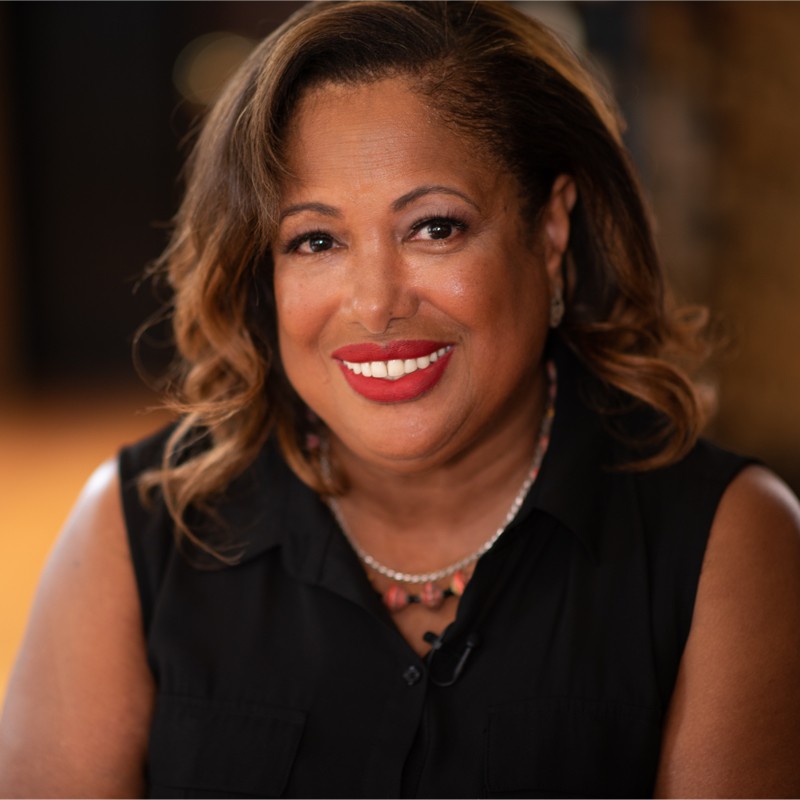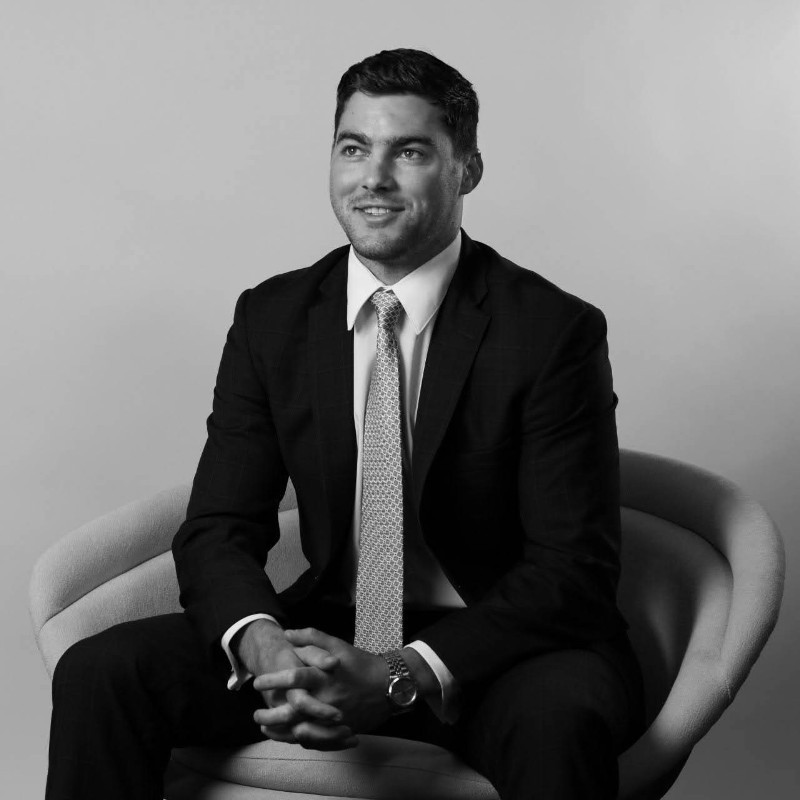
This article appears in the Health Equity x Tech series and is underwritten by Ben Franklin Technology Partners. It was independently reported and not reviewed by these partners before publication.
Tennis icon Serena Williams was vocal about her difficulties as a Black woman who experienced a scary childbirth. Track and field star Allyson Felix also spoke out about the life-threatening complications she faced during her pregnancy.
While these mothers — both wealthy celebrities — had access to financial resources and support to assist them during their pregnancy, many Black women with fewer resources do not.
Healthcare is not distributed equitably across ethnic groups. In Philly, Black women account for 43% of child births — yet 73% of deaths among pregnant mothers. As a doctor who has seen the issue firsthand, Cayaba Care cofounder and CEO Dr. Olan Soremekun wants to change that statistic: With his West Philadelphia-based startup, he approaches entrepreneurship as a way to address gaps in health equity for marginalized populations.
“At Cayaba Care we’re focused on maternity,” he told Technical.ly. “Where the data is now in Philly and other countries, Black or brown mothers are two to three times more likely to die during childbirth and have complications during childbirth.”
In Technical.ly’s first part of this series, we asked experts what policies need to change for communities to attain health equity, aka their “full health potential” regardless of their social circumstances, per the CDC. But can entrepreneurship be used as a means to reaching greater health equity, too?
Oftentimes it is the people closest to problems that best understand the solutions, which is why so many entrepreneurs have firsthand experience with the challenges their startups seek to address. For the issue of health equity, in particular, Philadelphia can count a slew of founders, including Soremekun, Envision2bWell President and CEO Tammy Williams and Patient Sortal founder Kenny Eck, who are using technology to address health needs for underserved communities. Funders, too, are taking note of the issue: Both University City Science Center and Ben Franklin Technology Partners have recently announced initiatives to invest in equity-minded health concepts.
Growing up in southern Louisiana, Science Center’s Heath Naquin experienced poverty and learned firsthand of the effects it can have on a community.

Heath Naquin. (Courtesy photo)
“The biggest misconception we see is what health equity means,” he said. “What people really mean is access to care. Sometimes what they mean is making sure everybody has the same standard [of care].”
In his role as VP of government and capital engagement, Naquin helps entrepreneurs find capital for their work. He and his colleagues are establishing a series of investment funds specifically for what they call “diverse founders” in the health equity space.
He said he frequently hears impressive pitches for tech projects designed to ameliorate health equity, but within them, access is often overlooked. Ideas for new apps, for instance, may sound appealing, but in communities where smartphone usage may be low, those ideas can fail to reach people who most need their help.
“The one key thing institutions can do [is] don’t assume you know what communities’ [needs] are,” he said. “Open your ears and listen. Go to where problems are. Don’t parachute in. Get your hands dirty and develop a solution that actually matters.”
Echoing researcher Michael Shields, Naquin believes addressing community needs at their most basic level — providing well-paying jobs and quality food, for instance — is essential to increasing health equity. Tech can be one component in a more complex strategy to improve health equity: By scaling technology in a way that’s accessible to marginalized populations, Naquin said, more people can attain more support in a system dominated by private healthcare.
As for Williams, the tennis star is also an investor via Serena Ventures. One company that recently caught the firm’s attention? HUED, a DC-based startup that matches patients to Black and Latinx physicians near them, and offers anti-racism and implicit bias training to help any healthcare team implement informed care.
Here’s a look at three local founders using technology to bring affordability, cultural awareness and ease to Black and brown communities that are typically underserved by the traditional healthcare system:
Cayaba Care: Giving pregnant mothers of color a better chance
Soremekun estimates that pregnant people have 15 prenatal visits over nine months. Making all of those essential appointments can be a challenge for those without secure employment that allows them to more easily take time off of work, or those without a certain level of income and the ability to focus on their health without worrying about finding money to handle other personal obligations.
With a focus on culturally sensitive care, Cayaba Care clinicians bring healthcare into clients’ homes with “maternity navigators” that make in-person visits between appointments, and access patient data stored in an app. This aims to solve issues such as finding transportation, and benefits people who cannot afford childcare or who need flexible scheduling.
Membership is free for patients. For those without health insurance or Medicaid to cover the cost of services, a low copay may be required. The company also says it will help patients enroll in insurance if needed.
The startup closed a Series A this summer, with funding from both angel investors and VC firms Digitalis Ventures, Kapor Capital and SteelSky Ventures, led by Flare Capital.

Dr. Olan Soremekun. (Photo via LinkedIn)
Like Dr. Ruth Perry — a physician who told Technical.ly about her work with people of lower socioeconomic status during the pandemic — Soremekun said the pandemic showed the value of telehealth, though many poorer people couldn’t take advantage of it if they lacked broadband access. With remote patient monitoring on a platform called the Cayaba Brain, Cayaba Care’s maternity navigators are able to use patient data provided by doctors and practitioners to create personalized care plans based on what those patients need, rather than relying on the patient to track that information digitally.
“When we think of tech, we think of data and meeting you where you are,” he said of Cayaba Care’s method of connecting maternity workers with patients in their homes. “We do it with conversation.”
As Philly looks to the other side of the pandemic, Soremekun believes the city is at a significant transition point for health equity.
“I feel like this is a moment in time to address it and close significant gaps,” he said. “Help organizations and nonprofits address key drivers of inequities. In the maternity space, if the child and mother has a good experience, the long-term impacts are really significant. This is what drives us and we’re passionate about it.”
Envision2bWell: Making health tracking easier and more engaging
With an extensive background in corporate America, Envision2bWell’s Tammy Williams realized that few apps catered to the overall health needs of busy professionals like her.
By streamlining a multitude of apps into one platform designed for health and wellness, Williams said her Ben Franklin Technology Partners-backed product has an enduring value and better responds to client needs. App users can get fitness and health advice, as well as track their diets and physical habits. Companies can offer membership to the app as a wellness benefit for their employees, starting at $300 per month, or individuals can download it for free.
“You have to have something that relates to you,” she said of making wellness attractive and accessible to users. “We know a lot of people in underserved communities that can’t afford a Fitbit. These things are counting your steps, looking at your caloric intake and how many calories you’re pulling in. After a while that becomes boring and mundane and after a while you tune it out.”

Tammy Williams. (Photo via LinkedIn)
With 2,000 app downloads so far, Williams said she hopes to “democratize social health empowerment” by reaching people where they’re already paying attention, which is often their phones. She’s recently launched an update of the app that allows it to track blood flow and monitor blood pressure levels in those using it.
As a founder with a background in human resources, business strategy and change management, Williams believes Philadelphia can be a conservative market when it comes to founders of color pitching ideas around innovation. She isn’t alone in that sentiment — and that’s only compelled her more to find entrepreneurial success.
She’s also noticed a marked increase in awareness of the importance of health equity during the pandemic.
“In the beginning, when I first started talking about this, I couldn’t get the attention of anybody,” Williams said. “The more I heard that, the more I said, [this app] is an opportunity to bridge this gap. If there’s one thing we learned from pandemic, being able to reach people, keeping them engaged, was lackluster at best before.”
Her ultimate goal: “Get out there to get people to understand health is wealth.”
Patient Sortal: Streamlining healthcare data for returning citizens
Patient Sortal, developed by University of Delaware alum Kenny Eck, is a healthcare data management software system that consolidates healthcare records so neither the patient nor their provider need to access multiple accounts for a complete record. In searching for the ideal user, he realized that returning citizens had the biggest needs of any patients: Their entire health profiles are often inefficiently condensed into binders full of paperwork, or even lost when they pass between institutions.
The pandemic made those returning citizens’ lives even more difficult.
“When COVID hit, prisons were incubators for infectious diseases,” he said. “It spread like wildfire. When COVID happened, reentry was put on hold and people working in prisons went home. We walk that journey along with [our] members, but in a society that went from physical to virtual, we now offer reentry services virtually.”

Kenny Eck. (Photo via LinkedIn)
Patient Sortal, a 2020 RealLIST Startups honoree in Delaware that got a seed funding boost from its participation in a Texas accelerator this summer, functions as a database of health information for returning citizens with ongoing healthcare needs ranging from high blood pressure to high level drug use.
For many returning citizens, their healthcare maxes out upon their reentry into society. The startup aims to help patients access health insurance and other care, which Eck said can in turn lower recidivism rates, with prison systems themselves as the client.
“By providing continuing care, we decrease recidivism,” he said. “You can miss parole by missing medication. The majority of individuals leaving [incarceration] are of color. It’s ridiculous that people look at them in this [negative] way. [Prisons] release people to contribute to society, but if their healthcare suffers, they won’t contribute to society.”
###
The next part of this series will take a look at what the future of health equity solutions could look like. Tell us: What’s one thing any Philadelphian can do to improve health equity? Email philly@technical.ly with your ideas, and we may include them in a story.
Michael Butler is a 2020-2022 corps member for Report for America, an initiative of The Groundtruth Project that pairs young journalists with local newsrooms. This position is supported by the Lenfest Institute for Journalism.Join the conversation!
Find news, events, jobs and people who share your interests on Technical.ly's open community Slack

Philly daily roundup: Student-made college cost app; Central High is robotics world champ; Internet subsidy expiration looms

Philly daily roundup: Earth Day glossary; Gen AI's energy cost; Biotech incubator in Horsham

Philly daily roundup: Women's health startup wins pitch; $204M for internet access; 'GamingWalls' for sports venues


